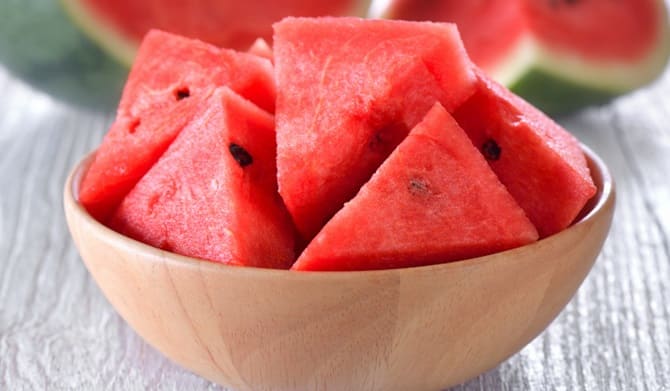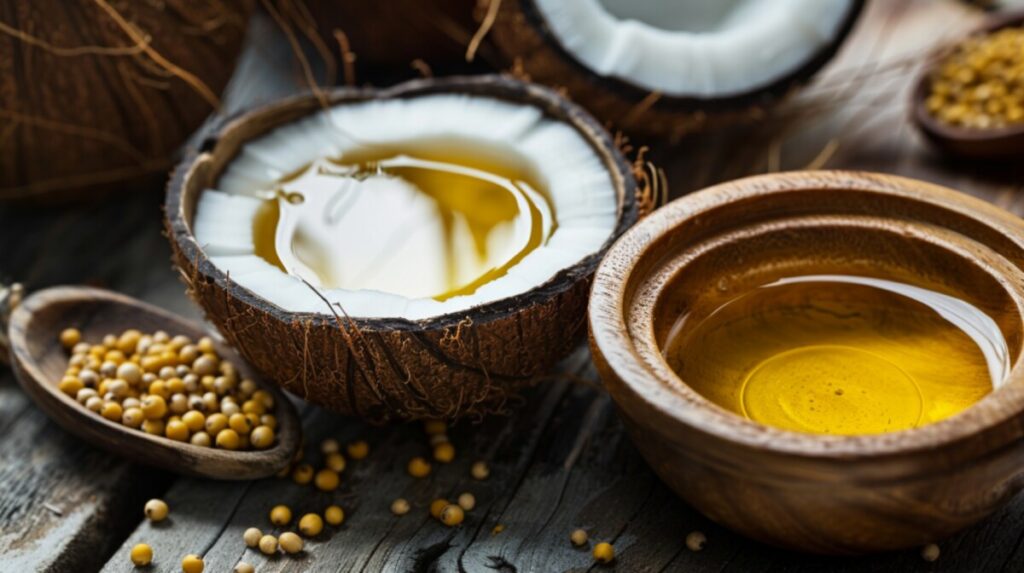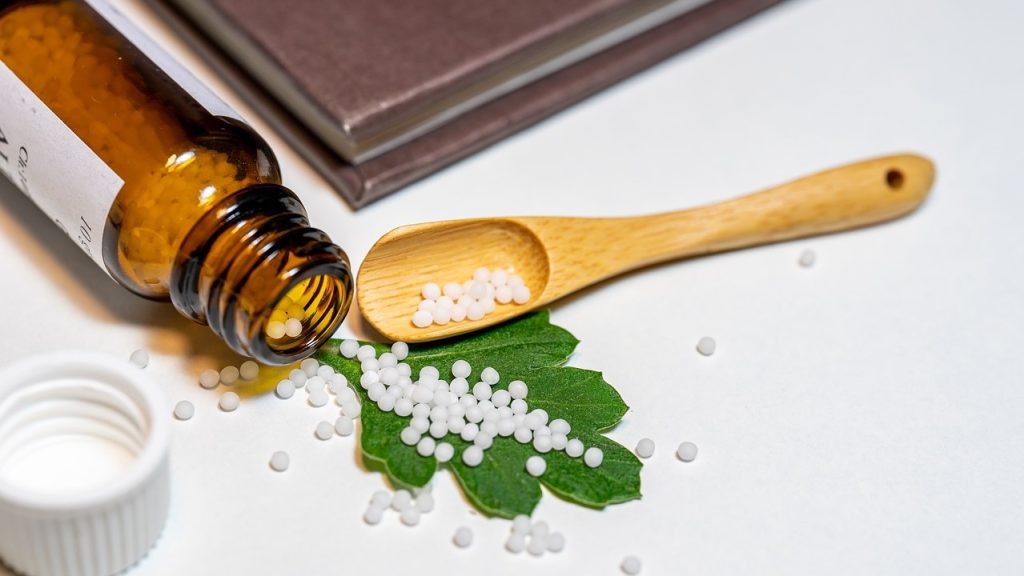Gastro-oesophagal Reflux Disease
Acidic reflux or gastric reflux isn’t an unusual phenomenon if it happens once in a while. But some people suffer from chronic acidity, heartburn or gastric issues every now and then(even when they eat or sometimes during fasting). GERD, also known as gastroesophageal reflux disease is a chronic gastric & acidic reflux condition that causes severe issues with someone’s lifestyle and eating habits. Before going deeper into the food to have and to avoid by GERD patients, let us understand something more about gastroesophageal reflux disease. Gastroesophageal reflux disease is actually a condition in which the stomach contents frequently move upwards to the food pipe. This regurgitation can result in painful symptoms, including heartburn, bloating and pain in the abdomen, feeling of fullness etc. The severity of your GERD condition often depends on your food style. The moving backwards of the stomach content or acidic substance to your food pipe is usually caused by the frequent opening of the oesophagal sphincter, a muscular valve that allows food to pass into the stomach and then shut during the digestion process preventing the food from coming back up. The sphincter guards the oesophagus against stomach acid. The frequent opening of the sphincter is caused due to its weakness letting food push upward and cause acid and gastric reflux.
Diet Regulations for GERD Patients
The food you takes affect the level of acid your stomach produces. The more acidic food you consume, the greater the stomach acidity will be. Eating the right kind of food helps to control the acid and gas production in your stomach, reducing the amount of acid reflux and gastroesophageal reflux.
Food that helps reduce GERD Symptoms
healthy diet for gerd
Reflux symptoms occur when the bowel gas or acid moves into the oesophagus causing irritation, pain, and burning sensation. Chronic acidity or gastric diseases cannot be cured solely with specific food but you can manage the symptoms of the reflux to a great extent by incorporating certain foods. If you feel any of the foods mentioned below are allergic or not good for your condition, better avoid those.
Vegetables
Since vegetables are low in fat and sugar content, they are good food items to reduce stomach acid. Cucumber, carrot, leafy greens, beetroot, broccoli, asparagus are some vegetables that lessen acid reflux.
Noncitrus Fruits
Fruits with low acidic contents such as banana, apple, papaya, pears, avocado, watermelon, are good to suppress reflux symptoms
Oatmeal
Oatmeal, which is high in fibre content is a whole-grain breakfast good for acidic relief. Whole-grain rice and bread are also recommended as good sources of fibre for acidic patients.
Seafood and lean meats
Seafood, fish, lean meats such as chicken etc are low in fat content and are good options to lessen acidic symptoms.
Watery food
Cucumber, watermelon, lettuce, celery, herbal tea etc contain high water content and can reduce stomach acidity.
Food that can Causes Heartburn
A lot of food that you include in your diet can trigger heartburn and acidic reflux. Although there is still a debate regarding which food actually causes reflux symptoms, certain foods have been proved to trigger acidity and gastric issues in many people. Avoiding such foods can relieve acidic symptoms and decrease your pain and discomfort in the oesophagus.
unhealthy food
- Red meat and other fatty meats high in cholesterol
- Oily and greasy food can weaken the sphincter causing heartburn
- Junk foods such as cheesy burgers, sandwiches, etc
- High quantity of salt intake
- Onion, garlic, and other spicy food
- Pepper, green and red chilly
- Fatty dairy products such as whole milk, butter, cheese, cream sauces
- Snacks and desserts such as ice cream, chips, etc
- Citrus fruits and juices – lemon, pineapple, grapefruit, oranges
- Caffeine and other carbonated beverages
- Chocolate, pastries, and creamy desserts
- Mint products and chewing gum
Lifestyle Changes to Control Acidity
Besides, managing reflux symptoms with food and dietary regulations, you need to include some lifestyle changes to control your acidic and gastric symptoms.
healthy lifestyle
- Maintain a healthy weight
- Avoid the intake of alcohol and smoking
- Have food in smaller quantities
- Don’t overeat; chew your food well and eat slowly
- Don’t sleep on lay just after having food
- Avoid tight clothes around your waist; tight belts or jeans can put pressure on your stomach, which in turn increases acidic/gastric discomforts
- Raise your head using pillows to reduce acidic symptoms while sleeping
- Natural Remedies and Treatment
Following some natural remedies and best practices can alleviate your acidic symptoms to a great extent. The regime you follow should be suitable for your body conditions, and well-being. A remedy someone continues and got relief may not be suitable for you. So, before blindly following something, confirm whether it hasn’t had any adverse result on your health. Increased intake of fibre-rich food is a recommended option to suppress GERD symptoms. Besides, helping reduce GERD symptoms, fibre can reduce the risk of uncontrolled blood sugar, high cholesterol, haemorrhoids, and other bowel issues. Food that helps reduce acid reflux for one person may not work for some other person. Discuss with your doctor regarding the food you should avoid and you can include in your diet.
Cure GERD
Change your diet pattern if you are experiencing frequent heartburn or discomfort in the stomach. If the symptoms still persist, consult a gastroenterologist. Your doctor will conduct an upper endoscopy to analyse the acidity in your stomach and will examine if the acid reflux has damaged your oesophagus.
Since there is no evidence regarding the change in dietary plans to cure GERD, don’t wait too long for your gastro oesophagal reflux disease to cure on its own. Repeated acidic reflux can damage your food pipe and can even result in stomach ulcers and cancer later. Ony a gastroenterologist can find the underlying reason for your GERD and provide better treatment options for long-term cure.
Change your diet pattern if you are experiencing frequent heartburn or discomfort in the stomach. If the symptoms still persist, consult a gastroenterologist. Your doctor will conduct an upper endoscopy to analyse the acidity in your stomach and will examine if the acid reflux has damaged your oesophagus. Since there is no evidence regarding the change in dietary plans to cure GERD, don’t wait too long for your gastro oesophagal reflux disease to cure on its own. Repeated acidic reflux can damage your food pipe and can even result in stomach ulcers and cancer later. Ony a gastroenterologist can find the underlying reason for your GERD and provide better treatment options for a long-term cure. Antacids are commonly prescribed to treat gastric and acidic reflux diseases. But researchers say that long-term use of antacids can cause side effects to the body. Surgery is usually recommended by doctors when medications and lifestyle changes cannot stop your GERD symptoms and worsen the condition.



